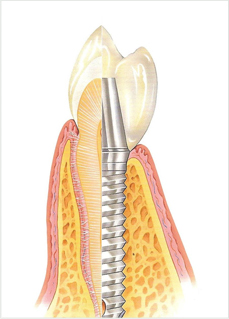


 Porcelain Veneers
Porcelain Veneers Teeth Whitening
Teeth Whitening Bonding
Bonding Tooth Colored Fillings
Tooth Colored Fillings Orthodontics
Orthodontics Gum Contouring
Gum Contouring Fillings
Fillings  On lays and Inlays
On lays and Inlays Crowns and Bridges
Crowns and Bridges Denture
Denture Extractions and Bone Grafts
Extractions and Bone Grafts Dental Implants
Dental Implants Periodic Checkups
Periodic Checkups Scaling and Root Planing
Scaling and Root Planing  Custom Night and Sports Guards
Custom Night and Sports Guards Snoring and Sleep Apnea
Snoring and Sleep Apnea Root Canal Treatment
Root Canal Treatment  Sealants
Sealants  Routine Checkup
Routine Checkup Fluoride Application
Fluoride Application Extractions
Extractions Space Maintainers
Space Maintainers Porcelain Fused Metallic Crown
Porcelain Fused Metallic Crown Dental Counseling
Dental Counseling Smile Makeover
Smile Makeover Neuromuscular Dentistry
Neuromuscular Dentistry Sedation Dentistry
Sedation Dentistry Laser Dentistry
Laser Dentistry Digital Dentistry
Digital Dentistry Relaxation Dentistry
Relaxation DentistryWhether you have lost all your teeth, a few of them, or even just one tooth, dental implants should be considered as an option for your oral rehabilitation program.
To help you decide if the exciting benefits of implants are suitable for you, contact your dentist today. A consultation will clarify what type of treatment you require.
Eating and correct chewing is essential for a healthy body. It is also one of the greatest human pleasures. Thousands of people, both young and old, no longer have their own teeth. Some manage quite well with dentures, for others they are unsatisfactory.
If you feel embarrassed or uncomfortable about gaps, missing teeth, dentures that are loose or unexpectedly drop down or you are unable to chew properly, yet you feel you deserve the best today’s modern restorative dentistry can provide, dental implants may be the solution.
Question |
Answer |
Question |
Answer |
Question |
Answer |
Question |
Answer |
Question |
Answer |
Question |
Answer |
Question |
Answer |
Question |
Answer |
Question |
Answer |
Question |
Answer |
Question |
Answer |
Question |
Answer |
Question |
Answer |

